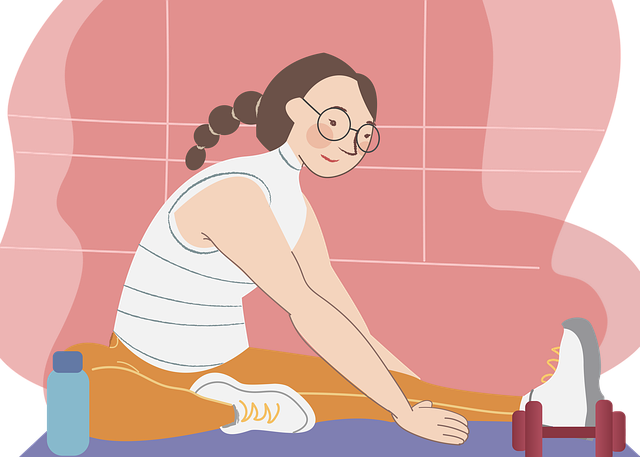The Lesser Known Advantages of Losing Weight

You already know weight loss can facilitate your live an extended, healthier life, but does one understand how it benefits your body and mind?
Weight loss is about overfitting into smaller jeans. By maintaining a healthy weight, you’ll improve your mobility and mood, and you’ll also lower your risk for serious illnesses. This is where weight loss products such as PhenQ (check out this PhenQ review at geekshealth.com/phenq-reviews) become very important.
Jeffrey McDaniel, M.D., a Piedmont obesity medicine physician, says “you’ve got a lower risk of cancer if you control your weight better.” Weight loss can even reduce chronic pain and obstruct diabetes.
What’s more, shedding even some pounds can improve your health. Though many of us fixate on a “goal weight,” Dr. McDaniel encourages patients to require small steps toward a healthier overall outlook.
“Don’t have a dieting mentality,” he explains. “Have a lifestyle-change mentality.”
How weight loss improves your health
When Dr. McDaniel sees new patients, he asks what motivates them to induce in shape. People might want to manage back pain, fight prediabetes or look better for an enormous event.
But, Dr. McDaniel says, the advantages don’t stop there.
Other benefits of weight loss can include:
- Lower vital sign
- Lower levels of triglycerides
- Less risk of cardiopathy
- Improved mobility and reduced pain
- Better sex and fewer dysfunction
- Improved mood
- Better sleep
- Higher self-esteem
- Improved insulin resistance
- Lower risk for multiple cancers
Though a more robust mood and sleep aren’t always simple to trace, there’s little doubt that weight loss can have a quantifiable impact.
“These are direct, measurable effects,” Dr. McDaniel says.
ALSO READ: What Do Humans Need To Stay Healthy
Why is weight loss so hard?
Even given the numerous benefits, the general public struggle to lose pounds and keep them off. The difficulties they encounter have almost nothing to try to do with willpower or motivation, Dr. McDaniel says.
Factors that will influence a person’s weight include:
- Genetics
- Medications
- Hormones
- Metabolism
If you are doing reduce, you’ll be surprised by how easy it’s to regain it all. Your body is hardwired to guard you, and it’s going to perceive prolonged dieting as a sort of starvation.
How to change state and keep it off
Weight loss still offers invaluable health and lifestyle benefits despite its challenges. Getting started is intimidating, but Dr. McDaniel advises patients to require some time, be honest with themselves and avoid fixating on one number.
Ask yourself what inspires you to turn, and make a practical plan for dropping pounds slowly. (Sorry, but there’s no healthy way to losing 20 pounds during a single month.)
Small, measurable goals are key, Dr. McDaniel says. If you would like to eventually lose 20 pounds, you would possibly aim to drop just a pound around every week. That way, you’ll be able to enjoy frequent successes that keep you motivated, and better diet and exercise habits will take center stage in the meantime.
Dr. McDaniel encourages his patients to undertake a version of the keto diet, which focuses on more healthy fats and fewer carbohydrates, but he recommends talking with a doctor or nutritionist about meal plans which will work for you.
Remember your weight isn’t your value
The psychological baggage these topics can carry is what Dr. McDaniel also recognizes. Many of us have battled weight and societal stigmas for years, and they may struggle with body image and self-esteem.
Here are his tips for folks that have emotional issues around weight loss:
- Don’t pay an excessive amount of attention to the body mass index (BMI) chart. It’s only one indicator, not the final word measure of fitness.
- Weigh yourself less often.
- Use a scale that may display your weight in kilograms or stones, which might help remove any mental stigmas you have got around pounds.
- Work with an admirer to stay accountable and make the burden loss experience more pleasant.
At the tip of the day, Dr. McDaniel says, weight loss should cause fuller, healthier days—not a continuing battle with the size.




